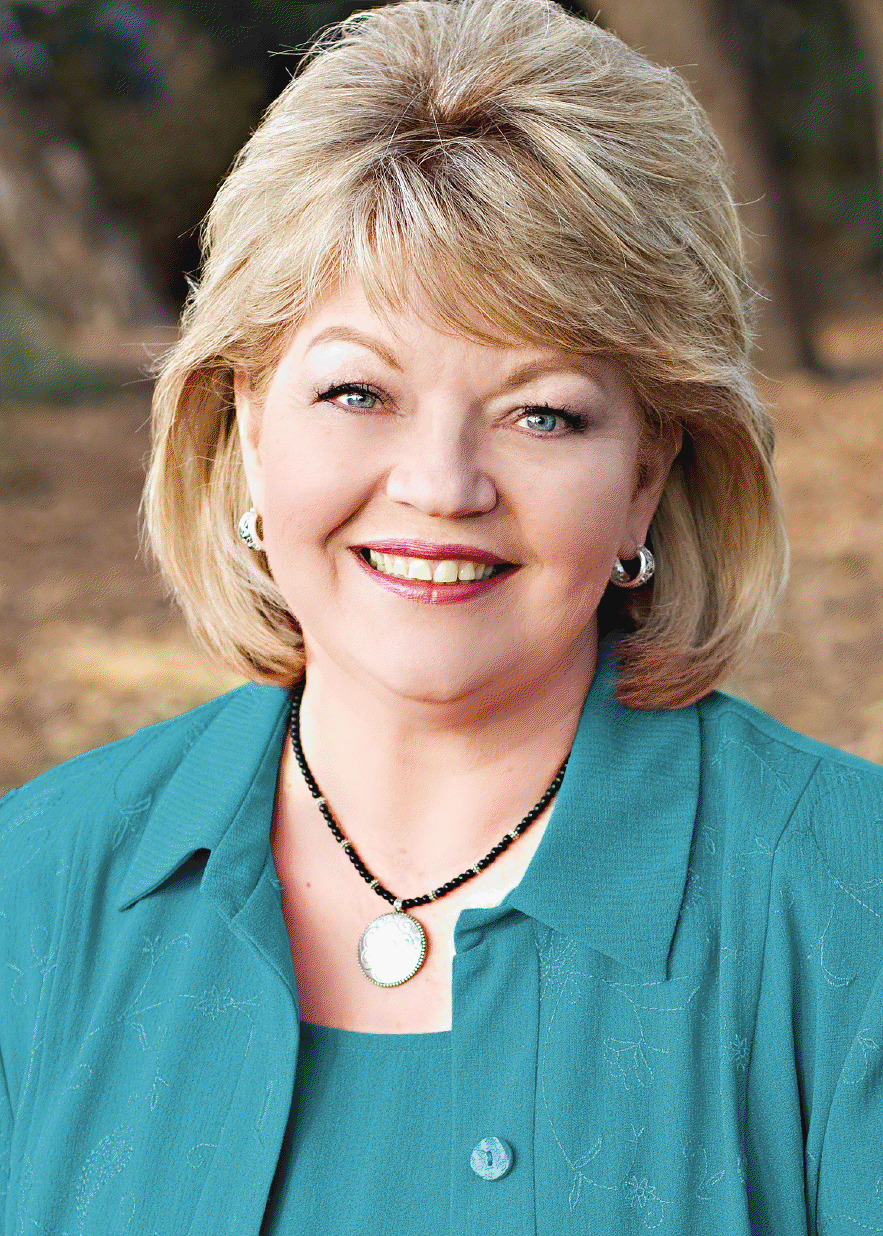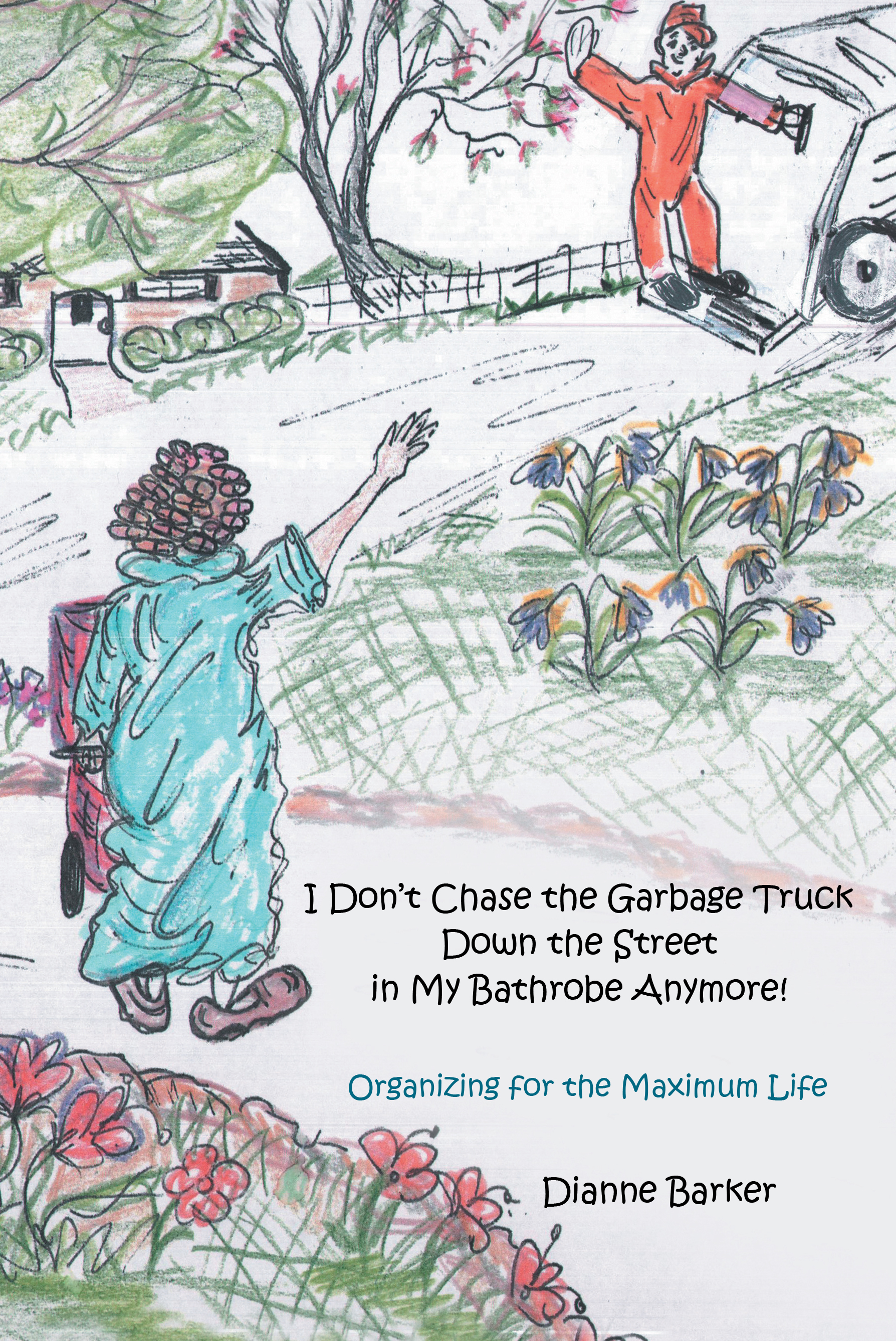Water What You Want to Live
Some time ago, Dawn Wilson walked behind her shed to retrieve some old flowerpots for new plants. In this Spiritual Growth UPGRADE, she shares what she saw and learned.
Imagine my surprise to find a tiny red pepper growing from a "dead" plant. I didn't realize a bit of water from our sprinkler was just barely reaching the flowerpot. It was just enough moisture to give life.
surprise to find a tiny red pepper growing from a "dead" plant. I didn't realize a bit of water from our sprinkler was just barely reaching the flowerpot. It was just enough moisture to give life.
I've seen something like this before: a plant shooting up in the midst of dry, cracking soil; a flower growing in the cracks of pavement. In all these cases, it only takes a wee bit of moisture to spur the growth.
When I saw the little red pepper hanging there, looking like a little heart, I smiled. It was like the Lord was saying to me, "Water what you want to live."
I thought about that for some time.
What do I want to "come alive" in my life?
I could water my dreams, hopes and plans. That's certainly what the world would tell me to do. And it's not necessarily wrong — if that's what God wants me to do. I can "water" my life with intentionality, commitment and passion. And I may reap a good harvest.
But as I prayed, God spoke to me about watering His purposes in my life.
- Watering a pure heart and godly character.
- Watering humble service.
- Watering wisdom and discernment.
- Watering obedience.
- Watering any "deadness" in my soul and seeking God for revival.
It only took a little sprinkling of water to revive my dried-up pepper plant. I wondered what it would look like if I'd consistently showered that plant with my garden hose.
It only takes a little water to bring life out of seeming death.
For the Christian, water is the symbol of God's Word applied to our soul through the power of the Holy Spirit. And Jesus and the Holy Spirit are the sources of living water (John 4:10; 7:37-39).
Spiritually, when we water what we want to live with the "water of the Word"— reading and applying scripture to our lives and trusting the Spirit to apply in our hearts what Jesus has done for us, then:
1. We recognize that God is ultimately the One who makes things grow (1 Corinthians 3:7).
2. We daily drink in the Word. (The more, the better!) The Word gives life (Psalm 119:50) and success (Joshua 1:8; Psalm 1:1-3)
3. We surrender, through prayer and obedience, to the water's freeing, transforming (sanctifying) action (John 8:31-32; Ephesians 1:13-14; John 17:17).
4. We are strengthened in His Word (Psalm 119:28) and thoroughly equipped (2 Timothy 3:16-17).
5. We are "revived" (Psalm 119:25; 119:154; Nehemiah 9:3).
What do you need to water in your life so it will "come alive"? If you're not sure, ask God to show you what is "dried up" and needs a little sprinkling today.

Dawn Wilson, founder and President of Heart Choices Ministries, is the creator of three blogs: Heart Choices Today, LOL with God (with Pam Farrel), and Upgrade with  Dawn. In these ministries and as President of the San Diego chapter of Network of Evangelical Women in Ministry (NEWIM San Diego), Dawn encourages, edifies and energizes women with scripture so they can better enjoy life, bless others and honor God. She and her husband Bob have two grown, married sons, three granddaughters and a rascally maltipoo, Roscoe.
Dawn. In these ministries and as President of the San Diego chapter of Network of Evangelical Women in Ministry (NEWIM San Diego), Dawn encourages, edifies and energizes women with scripture so they can better enjoy life, bless others and honor God. She and her husband Bob have two grown, married sons, three granddaughters and a rascally maltipoo, Roscoe.
 Post a Comment → Posted on
Post a Comment → Posted on  Tuesday, August 5, 2014 at 8:00AM
Tuesday, August 5, 2014 at 8:00AM  Dawn Wilson,
Dawn Wilson,  Sanctification,
Sanctification,  Spiritual growth,
Spiritual growth,  Transformation,
Transformation,  Upgrade with Dawn,
Upgrade with Dawn,  Water of the Word Upgrade Your Life
Water of the Word Upgrade Your Life  Spiritual Growth
Spiritual Growth 














